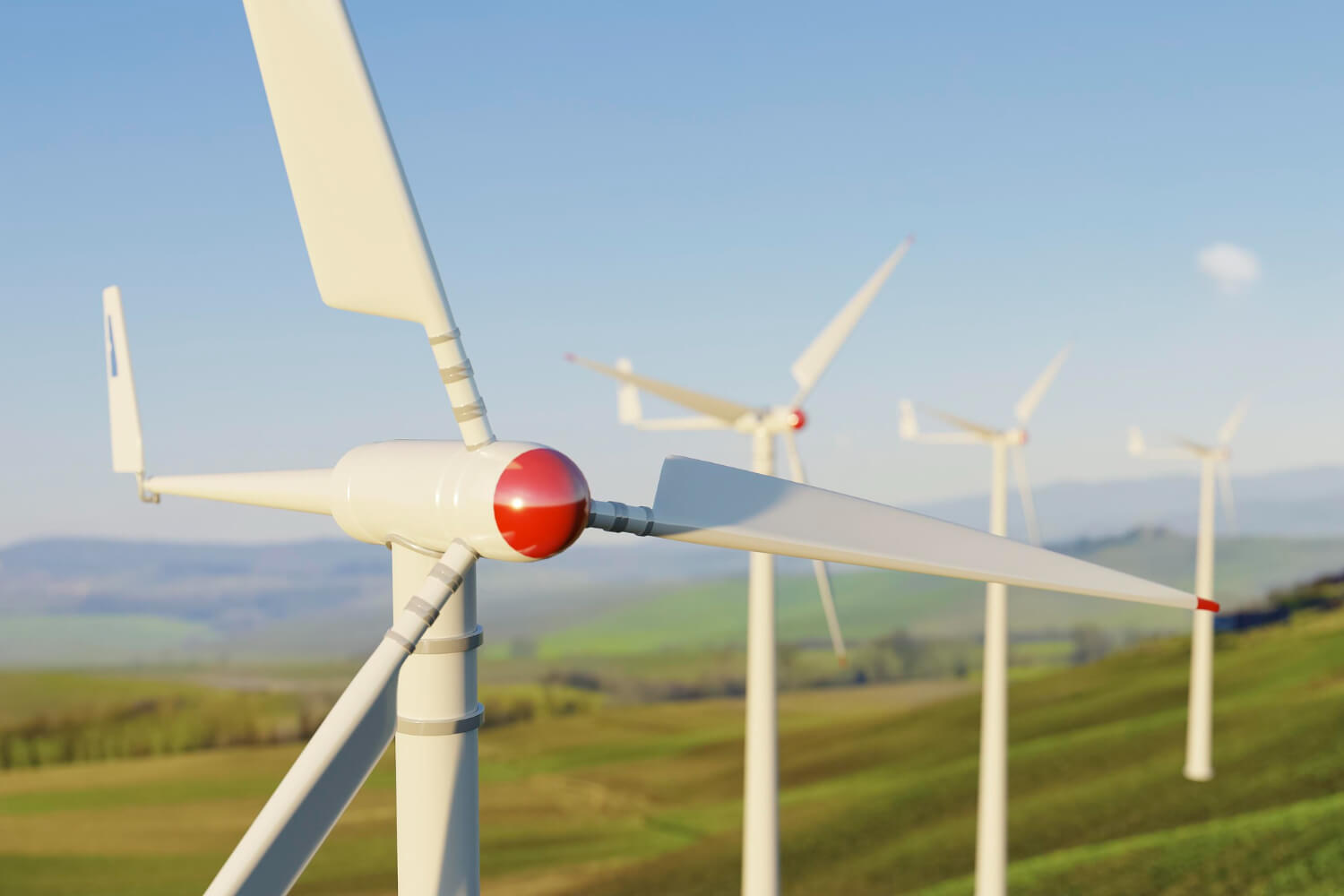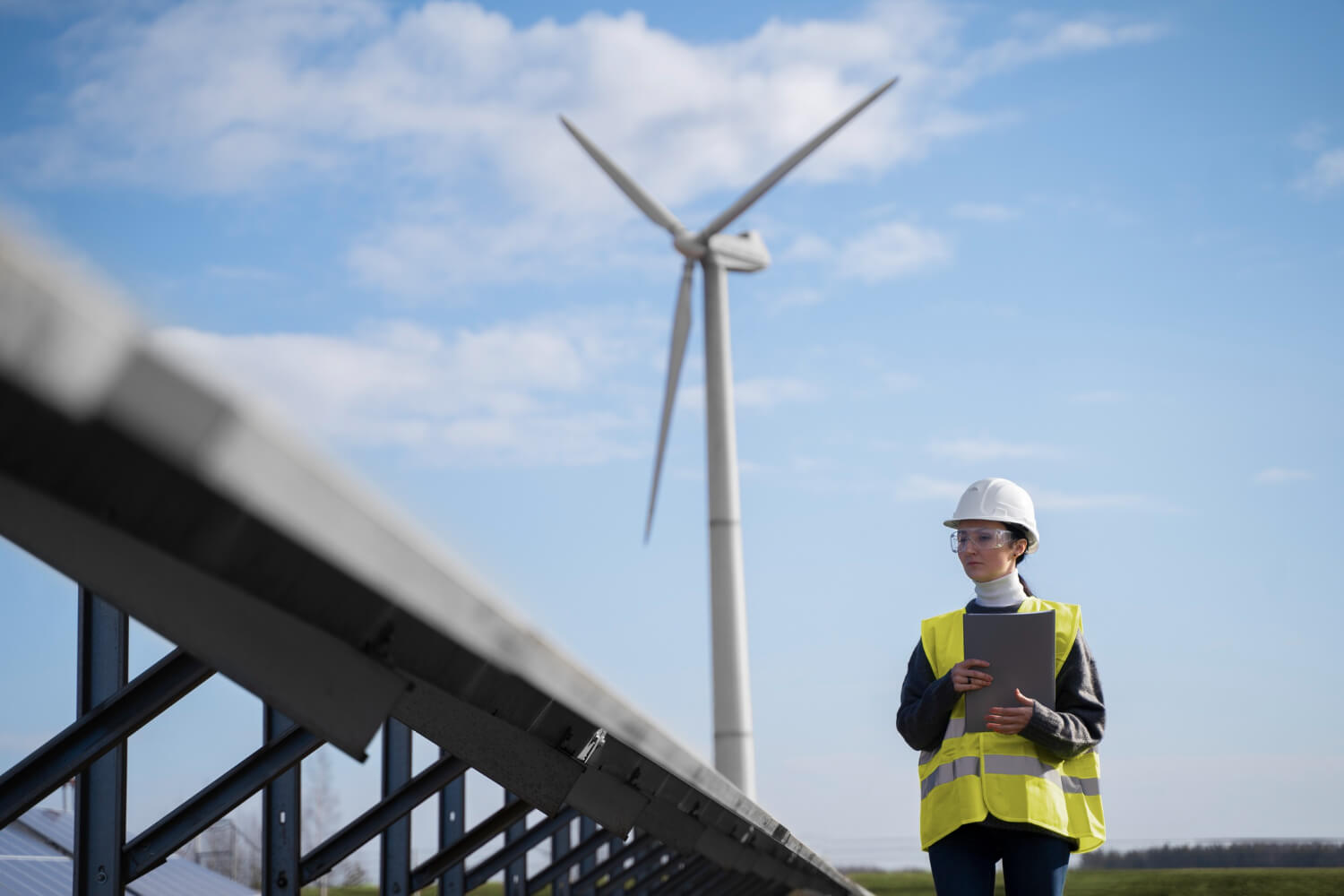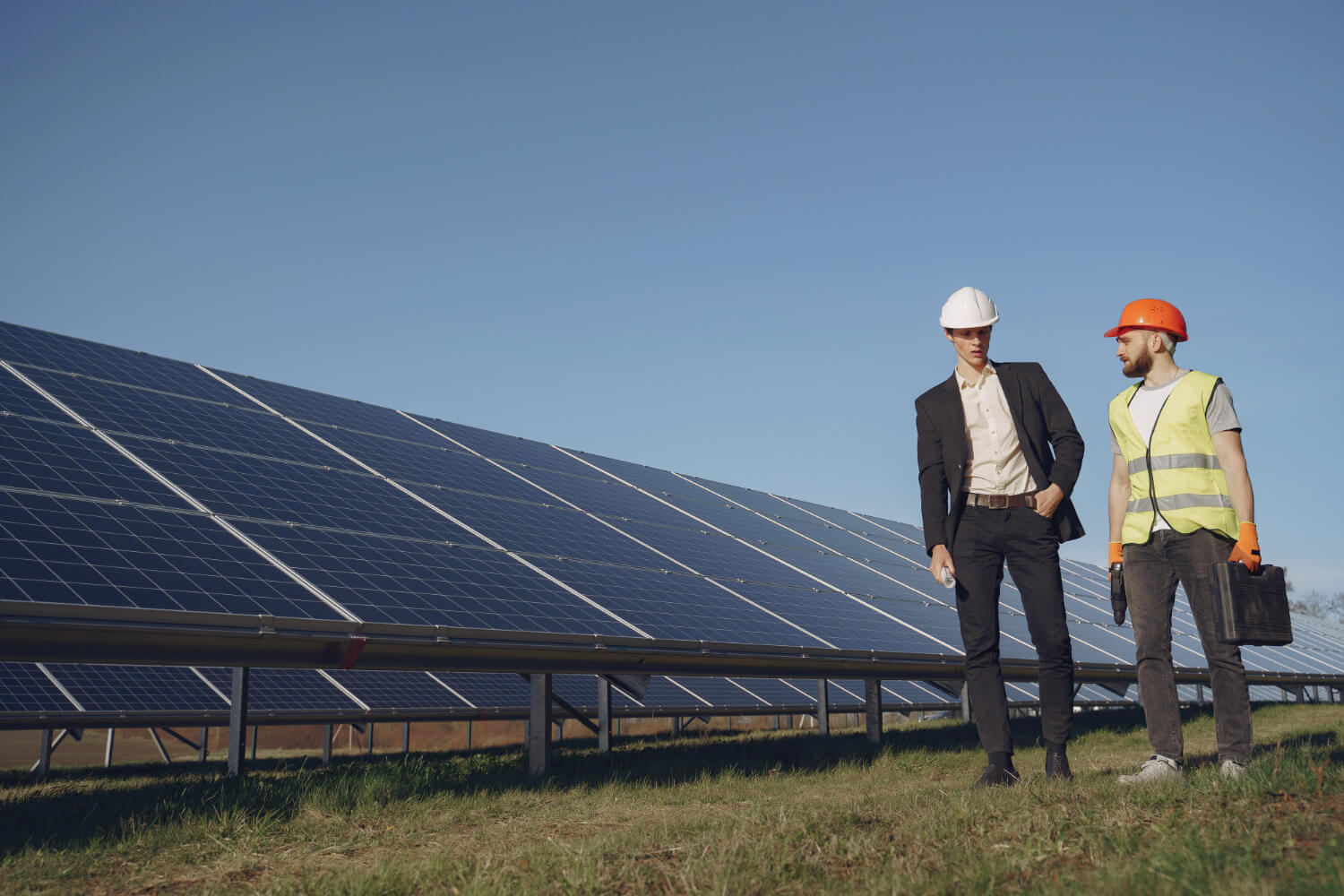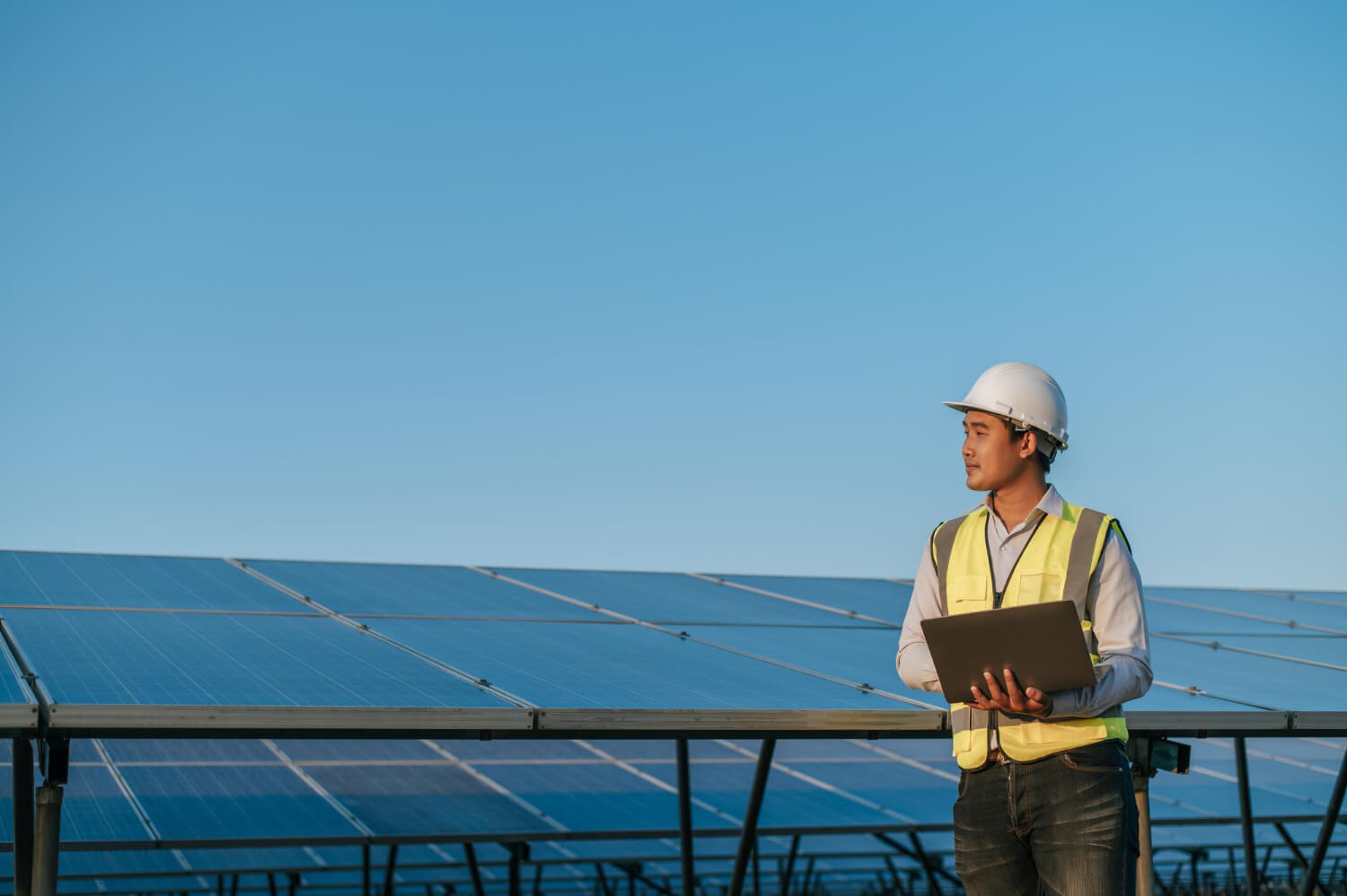In the face of rising energy costs and an increasing demand for sustainable practices, businesses are exploring renewable energy sources to meet operational needs and enhance their bottom lines. Among these options, wind power stands out as a highly viable and profitable solution. Companies investing in wind power not only benefit from reduced energy expenses but also gain significant economic advantages that extend beyond cost savings.
In this article, we’ll explore how adopting wind power can provide your company with tangible financial benefits while positioning it as a leader in sustainability.
1. Reduced Energy Costs
One of the most immediate and impactful benefits of wind power is its potential to significantly lower energy costs. Unlike traditional fossil fuels, wind is a free and inexhaustible resource. Once your company invests in wind turbines or enters into a wind power purchase agreement (PPA), the operational costs are minimal.
A wind turbine’s initial investment can be recouped over time as energy bills decrease. According to the U.S. Department of Energy, wind energy is now one of the cheapest sources of electricity in many regions. By locking in predictable energy costs, companies can protect themselves against market volatility and price spikes associated with non-renewable energy sources.
2. Access to Tax Incentives and Subsidies
Governments worldwide are encouraging businesses to transition to renewable energy by offering attractive tax incentives, grants, and subsidies. In the U.S., for instance, companies investing in wind power can benefit from the Production Tax Credit (PTC) or the Investment Tax Credit (ITC), which substantially lower the upfront costs of wind energy projects.
In Europe, initiatives like feed-in tariffs and green certificates also support businesses transitioning to wind power. These financial incentives make wind energy projects more affordable and enhance their return on investment (ROI).
3. Enhanced Energy Independence
Investing in wind power allows your company to generate its own electricity, reducing reliance on external energy providers. This independence is particularly valuable in regions where energy prices are unstable or supply interruptions are common.
Self-generated wind energy ensures a stable and reliable power supply, minimizing risks associated with grid failures or geopolitical tensions that may disrupt fossil fuel availability. Such resilience can save your company from costly downtimes and operational interruptions.
4. Improved Brand Reputation and Customer Loyalty
Consumers today are increasingly aligning themselves with businesses that demonstrate environmental responsibility. By adopting wind power, your company sends a powerful message about its commitment to sustainability.
This green positioning not only improves brand reputation but can also attract environmentally conscious customers. According to Nielsen, 81% of global consumers feel strongly that companies should help improve the environment. Businesses that integrate wind energy into their operations can differentiate themselves in the market, gaining a competitive edge and fostering customer loyalty.
5. Compliance with Regulations and ESG Goals
Governments and regulatory bodies worldwide are tightening environmental regulations, making it imperative for companies to reduce their carbon footprints. By investing in wind power, your business can proactively comply with these regulations, avoiding potential fines or penalties.

Additionally, companies focusing on Environmental, Social, and Governance (ESG) criteria are more likely to attract investors and financial partners. Demonstrating a commitment to wind energy and sustainability can improve your ESG scores, leading to better access to capital and favorable financing terms.
6. Long-Term Financial Gains
Wind power is a long-term investment that pays off through consistent savings and revenue generation. For companies generating surplus electricity, selling excess power back to the grid through net metering can create an additional revenue stream.
Furthermore, as wind technology advances, operational and maintenance costs continue to decrease, improving ROI. Over time, your company can enjoy significant financial gains, making wind power an excellent investment for the future.
7. Contribution to Local Economies
Investing in wind power often supports local economies by creating jobs and driving regional development. From manufacturing turbine components to installation and maintenance, the wind energy sector generates employment opportunities across various skill levels.
By contributing to these economic activities, your company not only strengthens community ties but may also benefit from local incentives and partnerships, enhancing its overall value proposition.
Conclusion: A Profitable and Sustainable Choice
Investing in wind power offers a myriad of economic benefits for businesses, from cost savings and tax incentives to enhanced brand reputation and regulatory compliance. It’s an investment that not only makes financial sense but also aligns with the growing demand for sustainable practices.
As energy markets evolve and the world continues its shift toward renewables, companies that embrace wind power are likely to enjoy long-term advantages. By positioning your business as an innovator in renewable energy, you’re not just cutting costs—you’re building a legacy of sustainability and economic resilience.Take the first step toward wind power today and unlock the financial and environmental rewards for your company.



